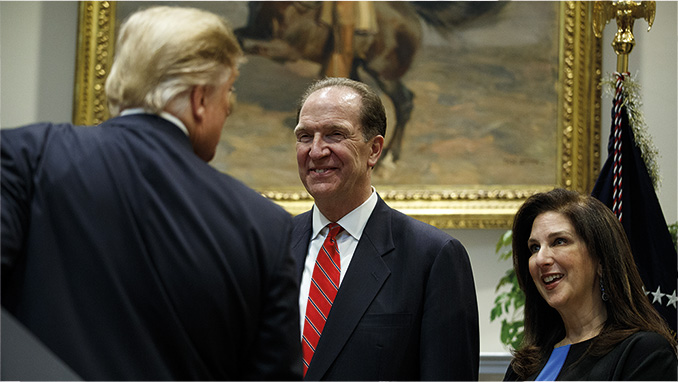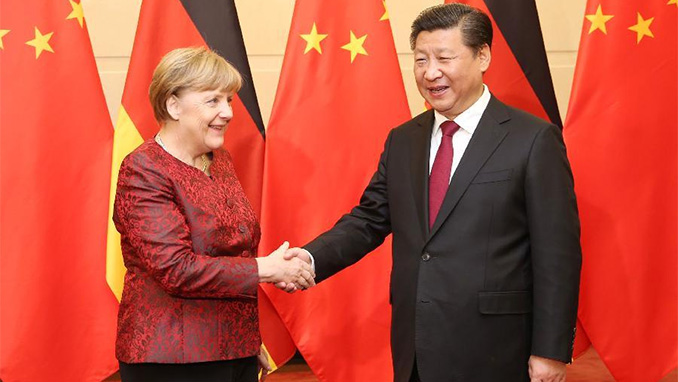[vc_row][vc_column width=”1/2″][vc_column_text]
North American Free Trade Agreement
"I'd rather die on my feet than live on my knees", said Mexican revolutionary, Emiliano Zapata, famously portrayed by Marlon Brando in the 1952 Hollywood movie, "Viva Zapata!" The man known as Mexico's Robin Hood, led a peasants' revolt against a corrupt government between 1910 and 1919. His struggle resulted in new land rights for Mexico’s poorest people. When these protections were wiped away by the signing of the North American Free Trade Agreement (NAFTA) in 1994, Zapata’s heirs literally went to war. A 3,000-strong Zapatista Army of National Liberation, seized towns, set police stations and army barracks ablaze and engaged in skirmishes with the Mexican army – a rare example of a trade treaty sparking an armed conflict. Hostilities have long since ceased, but no formal end to the "war" was ever declared. The left-wing Zapatistas had common cause in their opposition to NAFTA – President Donald Trump, who calls the treaty "the worst trade deal ever". NAFTA is a trilateral agreement between Canada, USA and Mexico, the largest trade bloc of its kind, by GDP, in the world. There have been winners and losers in each of the three countries since the treaty was signed. The lifting of barriers to trade has led to many disputes in the years since its inception, not only in the USA, but in Canada and Mexico where pro-NAFTA political parties have suffered in elections. But it was Mr Trump's accession to the presidency which spelled the end of NAFTA in its current shape. His belief that NAFTA continues to pose a threat to American jobs is one that has been shared by other US politicians, both Republican and Democrat in the past 25 years. Mr Trump has pushed through a new agreement which is about to replace NAFTA. The new treaty, the United States-Mexico-Canada Agreement (USMCA), also known as NAFTA 2.0, which addresses US concerns about its trade deficit, is due to come into force once all parties have formally signed up to the changes. Both Canada and Mexico have indicated their agreement to the amended treaty.
What trade deals are there with other countries and economic unions?
None
[/vc_column_text][/vc_column][vc_column width=”1/2″][vc_column_text]Member Countries
Country | Population (2018) | GDP Growth (2021, %) | Date Joined |
|---|---|---|---|
36,953,765 | 4.5629 | 01/01/1994 | |
130,759,074 | 4.7972 | 01/01/1994 | |
330,530,669 | 5.6711 | 01/01/1994 |
Joe Biden No Panacea to Global Trade Troubles
Malpass Shows Pragmatism and Relevant Smarts in his New Role
US Trade Policy: End of the Liberal World Order
Behind the Scenes, Berlin and Beijing Are Forging a New World Order
Matteo Renzi to the Rescue? European Union – Looking for a Leader to Reassert Its Role
Loading, Please Wait!
This may take a second or two.


















































































